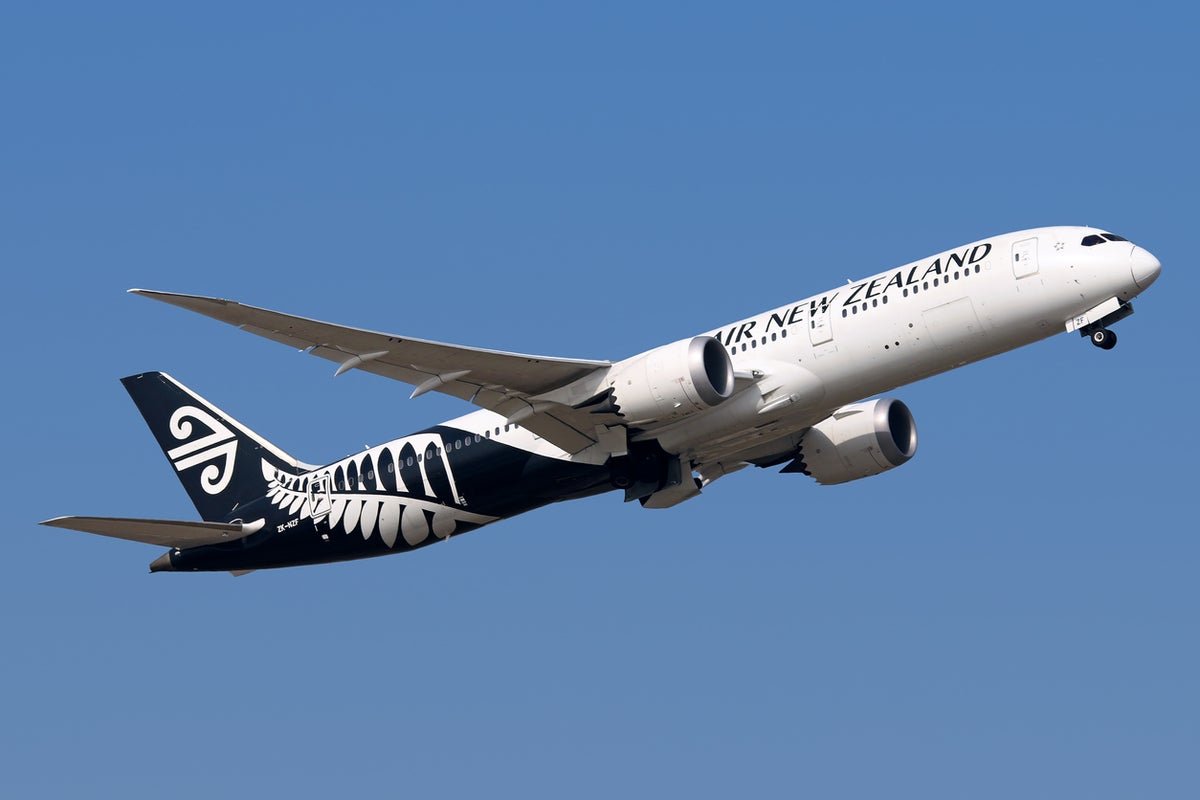
Air New Zealand has become the latest airline to flag security issues with baggage trackers such as AirTags.
The flag carrier subtly updated its website this week with the information that only certain baggage trackers would be allowed to travel in passengers’ checked luggage - namely those that could be “turned off”.
“Only battery powered baggage trackers that can be turned off i.e. are not in sleep mode, will be accepted in checked baggage,” say the airline’s current passenger guidelines.
“Always check the specifications of the device you want to buy as it may not be accepted by us.”
Air New Zealand told the New Zealand Herald that the new information is based on existing legislation around lithium batteries being transported in hold luggage.
It says it will conduct its own safety review of these products in early 2023 and update the current guidance if necessary.
Apple’s AirTag trackers, just one type available, can be “disabled” and the battery removed, which should satisfy Air New Zealand’s requirement.
Tile Bluetooth trackers, another brand, can be deactivated (disconnecting it from the account a user has activated it with); while the Samsung SmartTag can be disconnected from an owner’s account via their phone, but not turned off.
However, the ability to turn off a tracker will negate the purpose of most, which are used by travellers to show a bag’s owner the geolocation of their luggage.
The tags typically use Bluetooth technology to send out a secure signal that can be detected by nearby devices. In turn these devices update a cloud system (such as iCloud) of the tag’s location, which can then be searched for by the owner.
Last month, Lufthansa barred the devices, telling customers it was “banning activated AirTags” in checked luggage.
Spokesperson Boris Ogursky told the German newspaper WirtschaftsWoche: “Baggage trackers belong to the category of portable electronic devices and are therefore subject to the dangerous goods regulations for carriage in airplanes issued by the International Civil Aviation Organization.
“Accordingly, due to their transmission function, the trackers must be used similarly to cell phones, laptops, tablets, etc during the flight if they are in checked baggage."
The newly clarified rules for some airlines build on existing guidelines around devices with lithium batteries - guidance from the International Civil Aviation Organization (ICAO) can be interpreted by some companies to ban all lithium-based batteries from checked luggage.
Baggage trackers have surged in popularity this year following many highly publicised incidents of baggage loss and mishandling as the world’s airports struggled to accommodate a new wave of post-pandemic travellers.
In the latest example, film producer Errol Webber claimed to have had equipment stolen from his checked bag after flying with United Airlines, which he was able to track to a residential address thanks to a hidden AirTag.
He tweeted: “Hey @united, one of your employees at Anchorage Airport rummaged through my luggage and took some film equipment home with them. They inadvertently took my Apple AirTag that I had hidden. Can you tell your employee[...] to give me my stuff back?”







